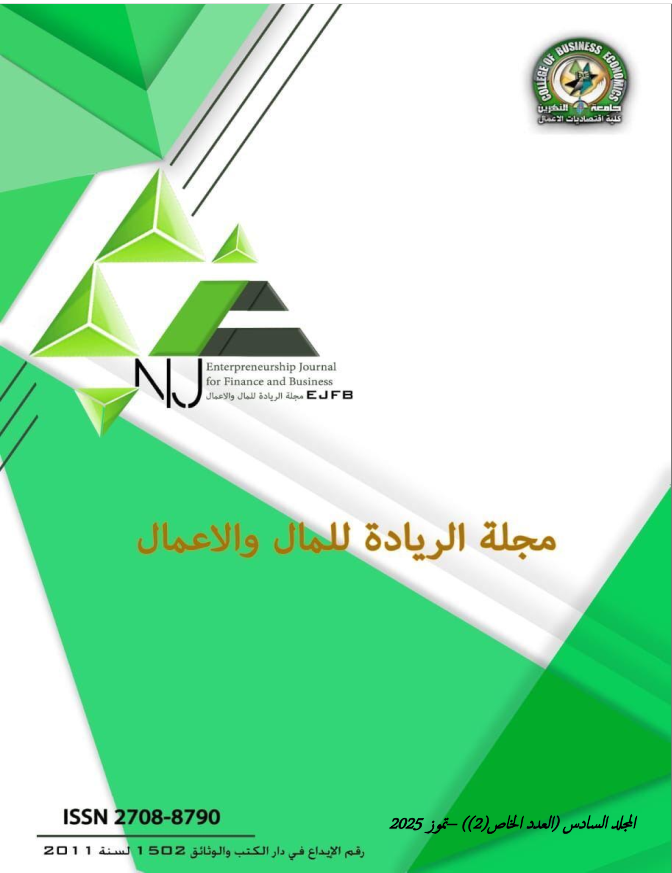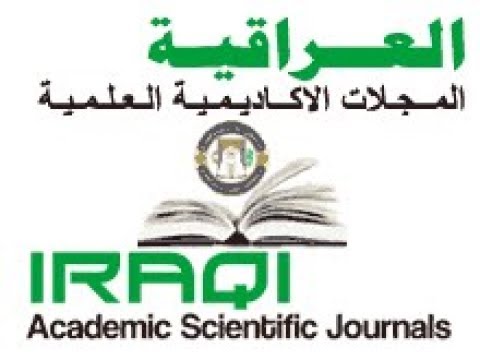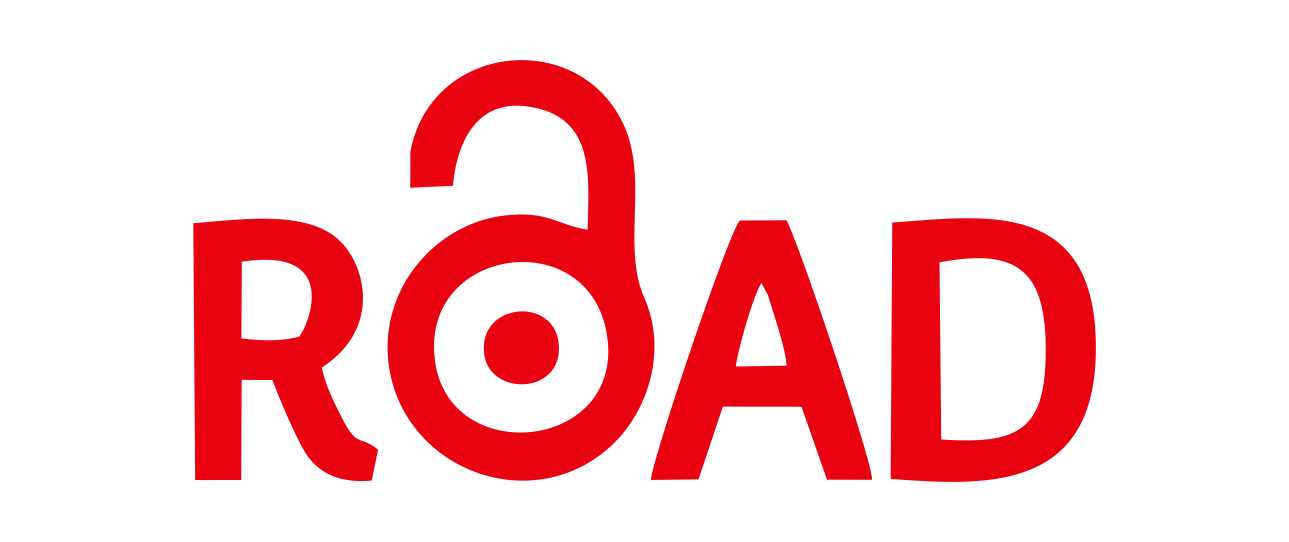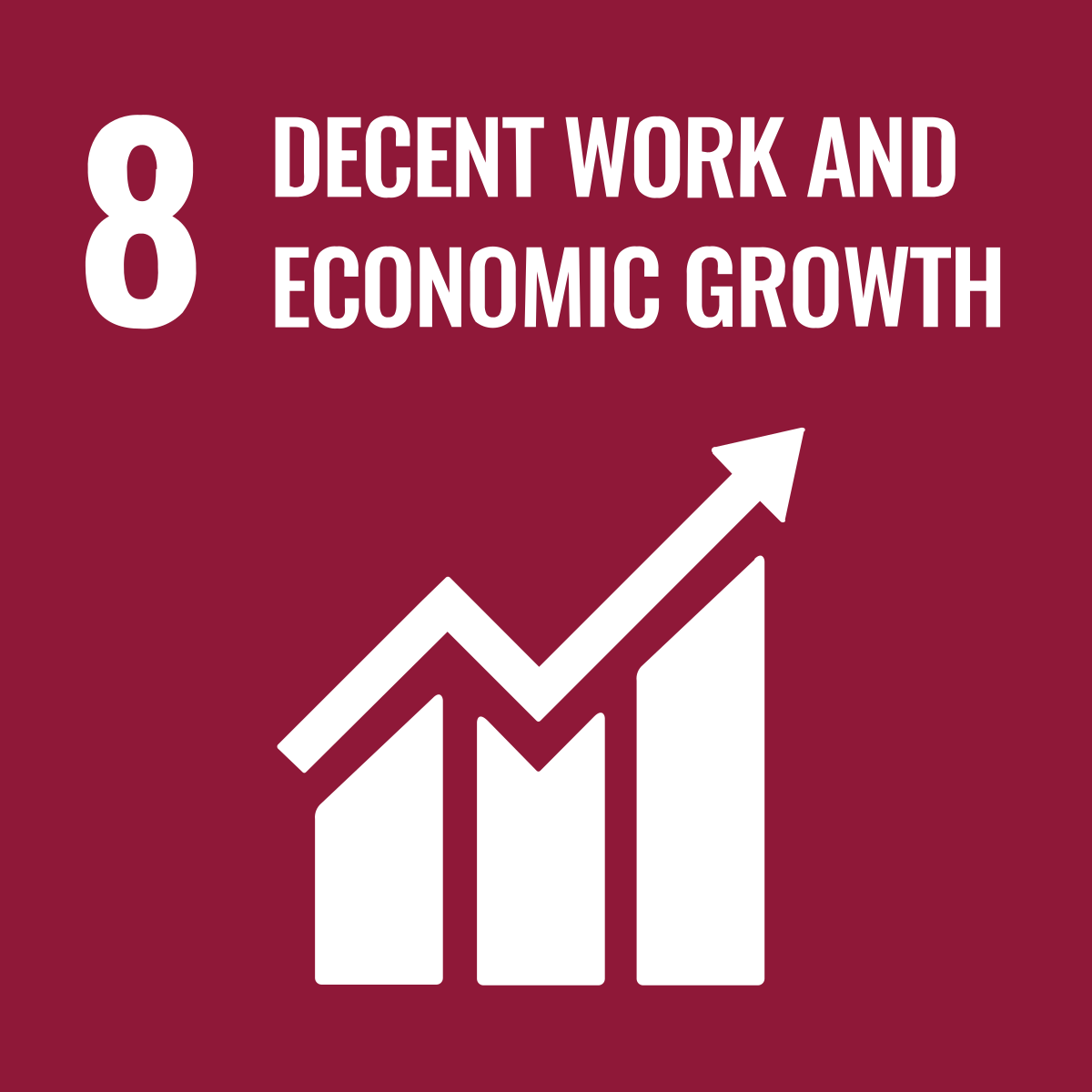The Role of Technology in Combating Administrative and Financial Corruption and Its Impact on Reducing Poverty and Achieving
DOI:
https://doi.org/10.56967/ejfb2025692Keywords:
Administrative corruption, financial corruption Transparency Good governance, Sustainable development, Modern technology, E-governmentAbstract
Corruption has become a significant challenge in many countries around the world at various levels, whether in the public or private sectors, and has topped the priorities of many national and international reports. Corruption is not just an issue related to the implementation and quality of governance, but has become a major challenge that hinders sustainable economic growth, fair human development, social justice, and equality between different groups. One of the main goals of governments is to reduce the social ills and problems resulting from corruption, and this is the first step in integrating the interconnection and absolute communication between various aspects of development. Therefore, a successful society is one that is capable of reducing corruption. There is a growing tendency at the international level to adopt technology to combat and reduce corruption, as technology plays an effective role as a transparent oversight tool and allows for greater accountability. Thus, it is an important tool for sustainable development, as the technological tool facilitates the collection, analysis, and updating of data, providing greater flexibility in addressing types and forms of serious financial and administrative corruption recognized internationally. It is also a tool that contributes to the development of better mechanisms to combat corruption and governance strategies, and environmental protection, health, education, communications, and poverty reduction are considered key indicators in preventing and combating corruption. This research reviews the role of modern technology in combating administrative and financial corruption in both developing and developed countries, as it is considered one of the most prominent factors that contribute to improving transparency and reducing opportunities for corruption, clarifying the relationship between corruption and sustainable development, and explaining how corruption negatively affects financial resources and hinders the achievement of social justice and economic development.
Downloads
Downloads
Published
How to Cite
Issue
Section
License
Copyright (c) 2025 هند إبراهيم محمد، شروق عبد الاله حسين، علي حسين عبد الأمير

This work is licensed under a Creative Commons Attribution 4.0 International License.
This is an Open Access article distributed under the terms of the creative commons attribution (CC BY) 4.0 international license which permits unrestricted use, distribution, and reproduction in any medium or format, and to alter, transform, or build upon the material, including for commercial use, providing the original author is credited.










